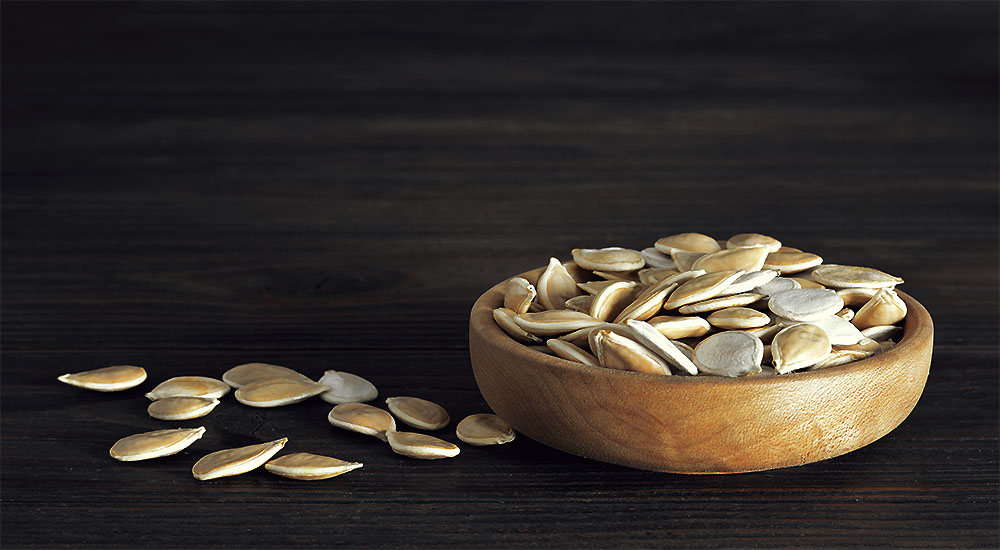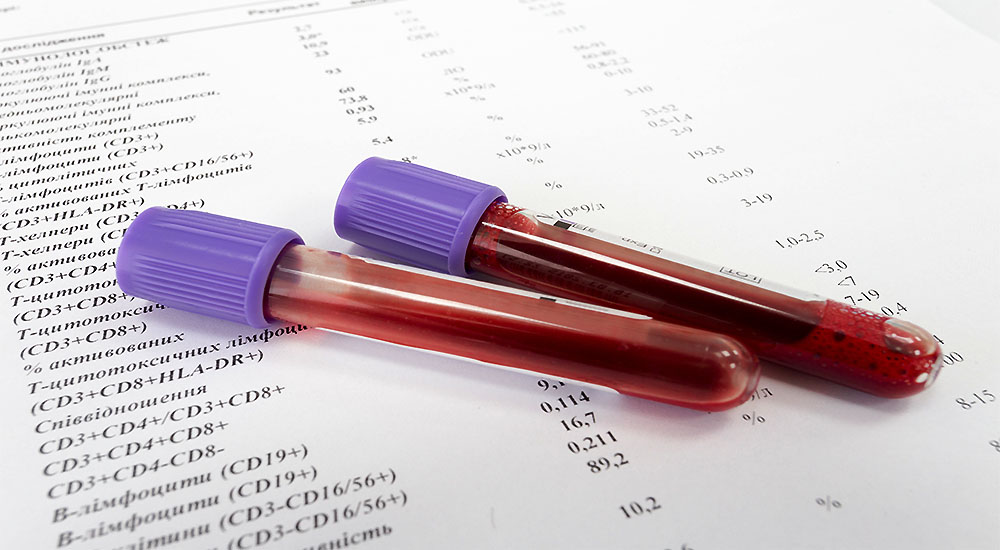Gluten Intolerance Risk – When to introduce gluten to a baby

I received the following question from a new reader. It’s an extremely important issue for parents and grandparents to be aware of as we all want to be cautious of potentially increasing damage from celiac disease and gluten intolerance by introducing gluten inappropriately to a baby.
Question from a reader:
“I just found your blog today and LOVE it! Thanks for all the great information. I have celiac disease (diagnosed in Spain with a blood test and symptoms only – I refused to do the challenge when I moved by to the States), and have been gluten-free for almost two years. I have gone from migraines 5 days a week to a few times a year (when I get “glutened”), feel more stable emotionally, and in general, have a much better outlook on life.
My husband and I have a completely gluten-free kitchen. I am now pregnant with our first child – almost full term. I have of course been strictly gluten-free for the whole pregnancy, but now I have questions about our soon-to-be newborn. I am planning to breastfeed, so there is no change of gluten there, of course. But I have read and heard conflicting reports on if or when to introduce gluten-containing foods into his diet once he starts eating solids.
My gut instinct is to keep our kitchen gluten-free, but do I need to do any special testing for him? If so, when? I don’t want him to have to grow up being the “food intolerant” kid, but at the same time, I don’t want to introduce anything into his system that will cause permanent damage. What’s a mom to do? Are there any good resources out there about this? Any opinions on genetic testing and food introduction? I would love to hear your thoughts, Thanks, Kelly”
Being Cautious Without Being Overly Restrictive
I think all parents can relate to this dilemma. They don’t want their children to be the “different” one but at the same time, they want to protect them from ill-health.
How Long to Breastfeed?
Breastfeeding for the first year is a must. Both and mom and baby should get good probiotics into their respective GI tracts as soon as possible. Babies are born with sterile guts, so the good probiotics come from their mother. If mom is deficient, the baby will be as well.
Kelly has been gluten-free for two years and she’s obviously feeling better, which is a great sign. It doesn’t necessarily mean that her leaky gut it completely healed, so probiotic replenishing would be a great idea.
When Shouldn’t You Introduce Gluten?
If the baby is going to receive immunizations, which are a stressor to the system, any potential gluten introduction should be avoided when immunizations are occurring. This goes for teething, colds, etc. Any weakening of the immune system is a time when a gluten introduction could be problematic as infections are known to cause a transitory leaky gut.
What Does the Research Say
Epidemiological evidence suggests that gluten should be introduced gradually while still breastfeeding between months 4-6. They also stipulate that breastfeeding should continue for at least 1 year.
This is now the official advice of the European Society of Pediatric Gastroenterology. There is a clinical trial being conducted in Europe that is testing the effect of introducing gluten during this 4-6 month window while receiving breast milk.
Why I Don’t Fully Agree with the Above Research Findings
Between teething, vaccinations, the introduction of other foods, and the fact that babies are born with sterile GI tracts that take some time to properly colonize, I personally feel that the introduction of gluten at 4 or 6 months of age will prove to be too soon. This is based on over 20 years of clinical experience, not personal research.
A study that I am anxiously awaiting the results of is this one: Dr. Alessio Fasano is currently heading up a study in babies at risk for a celiac disease where babies who first ate gluten at 6 months will be compared with babies who didn’t consume gluten until 12 months and any difference in rates of celiac disease will be compared when the children reach 3 years of age.
If I was having babies with the knowledge I now possess, I would do a genetic test both for celiac and gluten sensitivity before ever considering introducing gluten. So much data is coming out regarding gluten and its ill effects that it would be difficult to justify any other course of action.
Enterolab provides genetic testing for both celiac disease and gluten sensitivity in a simple test that can be performed on an infant.
Cyrex Lab offers a saliva test for celiac and gluten sensitivity. This isn’t a genetic test but it is one of the most comprehensive tests available currently. A child would have to be able to spit for this test, unlike the genetic test, which is simply a swab to the inner cheek. (I have no affiliation with either laboratory.)
Here is What You Can Do
To summarize:
1. Perform a genetic test for both celiac and gluten sensitivity.
2. Based on the knowledge we currently have: No gluten for the first year of life at least.
3. No introduction of gluten when the immune system is at all stressed.
4. Probiotic supplementation using human strains (about 20 billion per capsule of a combination of probiotics strains such as lactobacillus acidophilus, bifidus, etc) to start immediately for mom during and after delivery, minimally throughout the breastfeeding time frame.
5. If you choose to introduce gluten, validate that your decision created no problems by performing a test such as the Cyrex Lab test that evaluates for both celiac and gluten sensitivity. This is a saliva test so it won’t involve a scary blood draw for a young child.
I hope this is informative and I know that you all join me in wishing Kelly an easy delivery and a wonderfully healthy and happy baby! Please let me know if I can be of any further assistance or answer any more questions. Doing whatever we can to prevent the initiation of celiac disease or gluten sensitivity in the next generation will be critical in increasing our longevity.
Do you need help with your health?
We have the diagnostic and testing tools, the clinical experience, and a different medical approach to discovering the root cause of why you have the symptoms that are bothering you. As long as you are ready to make some dietary and lifestyle changes, we can help you. We will "hold your hand" through the changes, step by step, to make each step an easy one. We are located in Clearwater, FL, at 1000 S Ft Harrison, at the corner of Ft. Harrison Ave. and Magnolia St. There is plenty of parking space directly accessible from Ft Harrison. If it is not convenient for you to come to Root Cause Medical Clinic, we offer telehealth/telemedicine consultations to residents of certain states. Call us for details.
Contact us for a Consultation – Call 727-335-0400

Dr. Vikki Petersen DC. CCN
Founder of Root Cause Medical Clinic
Certified Functional Medicine Practitioner
Dr Vikki Petersen is a public speaker, author of two books, several eBooks and creates cutting edge content for her YouTube community. Dr Vikki is committed to bringing Root Cause Medicine and its unique approach to restoring health naturally to the world.
Ask a Doctor
Have a health concern you'd like to speak with a doctor about? Or just want clarity on a subject? Ask Us!


